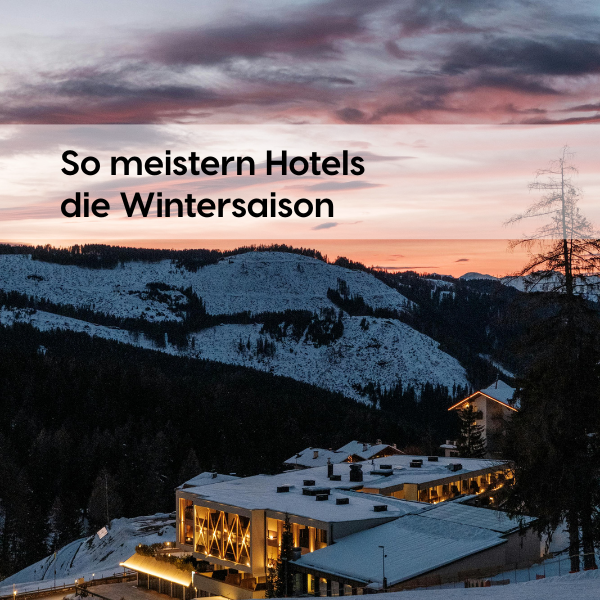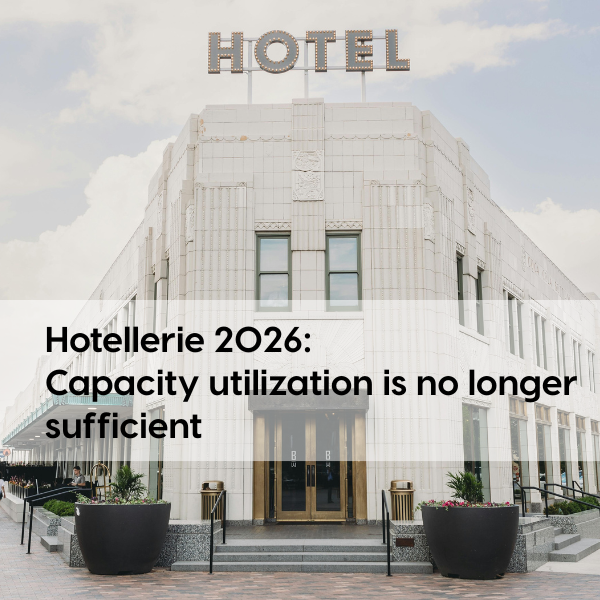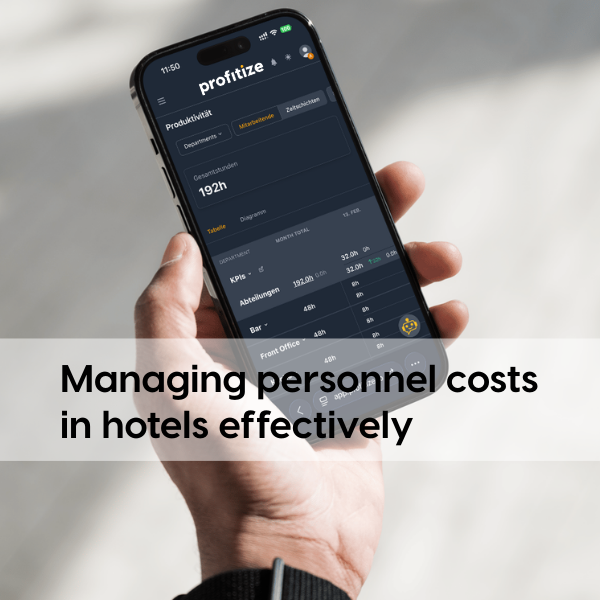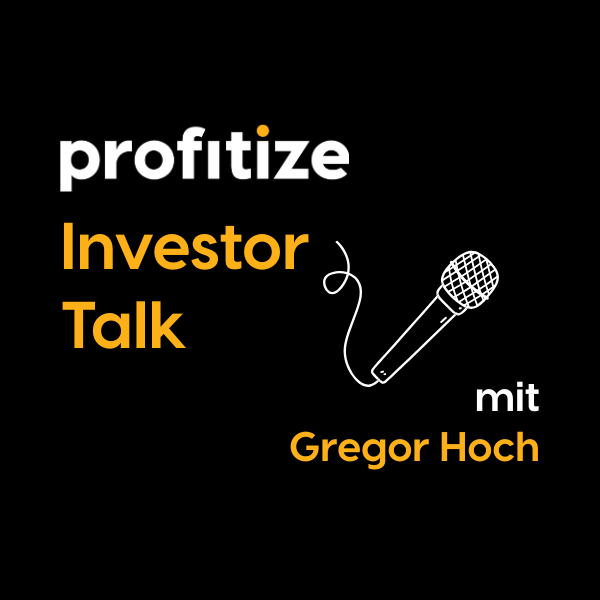Tourismus & Hotellerie
Investor Talk with Marco Riederer
Without a numeric base, everything else is cosmetic
.png)
How Marco Riederer advises hoteliers to think differently and why real improvement usually starts with very practical things.
Marco Riederer understands what makes hotels tick — operationally, strategically and entrepreneurially. He knows the mechanisms behind hotel businesses and sees where potential often remains untapped. As managing director and shareholder of Prodinger Tourismusberatung, he supports hotel businesses throughout the DACH region. A conversation about blind spots in controlling, a lack of overview of costs and why Excel does not replace a strategy.
The industry is under pressure — what are hotels missing the most?
structure. Many still work strongly from the gut, without a well-founded number base. This is no longer just about capacity utilization or beautiful architecture, but about a clear understanding of one's own cost and revenue structure. If you don't put this on properly, you won't be able to lead economically in the long run. And this is exactly where new tools and ways of thinking are needed.
What is particularly important in the hotel industry?
On overview and focus. People used to say: “The main thing is that the workload is right.” Today, that is no longer enough. Energy prices, personnel, goods — everything has become more expensive. And many do not even know how much their services cost or provide. There is a lack of overview, often even the willingness to really look closely.
Where are the most common blind spots?
When planning. Budgeting is often based on the past - simply adding a bit to the previous year's figure. But that is not strategic planning. It's about looking at every cost center and revenue channel. And that's where surprising things often come to light.
For example?
A classic: welcome gifts worth two euros in the room. Two euros seem harmless, but with 10,000 overnight stays per year, we're talking about 20,000 euros. This is often not consciously noticed, but it is real money. It is often necessary to take a close look at the seemingly small things.
Where can you control the most?
In the operational sector. Staff planning, opening hours, use of goods, menu structure — there is a huge amount of potential there. Even when designing offers: Do I really have to offer a five-course meal if the guest actually wants something simpler? And the pricing — many are selling themselves below value because they believe they won't be competitive otherwise.
One area you often talk about is the kitchen. Why
Because a lot of staff is tied up there and many companies still work according to the classic hierarchical model: chef, sous chef, chef de partie, etc. This would make it possible to work much more efficiently with process kitchens and clear processes — with fewer specialists, but in a better structured way. That doesn't mean it's getting worse. On the contrary: The guest receives reliable quality, the company saves resources. And: I honestly have to ask myself whether I still need or want the full range of gastronomic offerings.
What are you observing when it comes to digitization?
A lot of uncertainty. Some try out every tool without a plan. Others block completely. Neither is effective. Digitalization must have a purpose and it must fit the company. Tools such as Profitize make sense when they help to understand data and prepare decisions. But they don't replace thinking.
How do you get the team involved in changes?
By including them. Anyone who simply overturns a system gets resistance. Anyone who explains what it brings and what makes it easier receives acceptance. Digitalization must be seen as an aid, not as control or additional burden.
What has you on profitize Concretely convinced?
The holistic approach. It brings together financial data from various sources. I simply believe that it is a tool that can help keep track of things and that also helps smaller companies understand: Where are we? Where does the journey go? And that without an expensive controlling team. It not only shows what happened, but also helps to make well-founded decisions for the future — that is exactly what many are missing today.
What would you tell a young hotelier?
Think about your product first. Who are you What do you offer and for whom? In practice, these questions often come much too late. I see time and time again projects where the architectural plans have already been completed out of sheer enthusiasm - thoroughly planned down to the last detail. But it has not yet been defined which target group you actually want to address. It's dangerous. Only when you know your offer, your market position and your guests can you decide how it should be structured and how it pays off in the end.
Marco, thanks for the interview!
About the person:
Marco Riederer is managing director and shareholder of Prodinger Tourismusberatung as well as investor in profitize. After working for the Austrian Hotelier Association and leading positions in a large Viennese city hotel, he now advises hotels throughout the DACH region in the areas of strategy, digitization and profit management.
Oder kontaktieren Sie uns.
Simply contact us via email. We look forward to hearing and reading from you.
hello@profitize.io
.png)

.png)
.png)
.png)
.png)
.png)
.png)
.png)

.png)
.png)
%2013.29.32.png)
.png)

.png)
.png)
.png)
.png)
.png)
.png)
.png)
.png)

.png)
.png)
.png)
.png)
.png)

.png)
.png)
.png)
.png)


.png)
.png)
%20(600%20x%20400%20px).png)
%20(800%20x%20600%20px).png)

.png)



.png)



